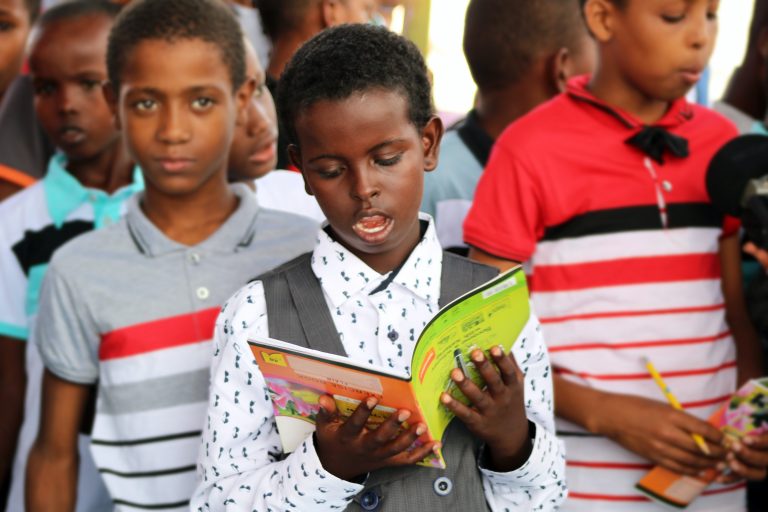The link between humour and intelligence appears to be much stronger in children than in adults, study shows.
New research from Turkish schoolchildren suggests that children with higher levels of general knowledge and verbal reasoning are better able to produce humour.
Many studies show some correlation between intelligence and humour in adults, there is less research on the phenomenon in children. Humour has been considered a sign of high intelligence throughout human history, as men tell jokes to demonstrate their intelligence and adaptability to potential mates.
More than 200 kids produced captions for 10 freshly drawn cartoons for the new study. With a total of 30,380 ratings, seven experts then rated the comedy of legends and their relevance to cartoons.
Researchers found that general intelligence was strongly correlated with humour when the intelligence and humour of these children were compared. In particular, children with higher general knowledge and higher verbal reasoning were found to have higher humour ability.
Cultural background is also important to the differences in the strength of the link between intelligence and humour for children and adults. Research on humour and intelligence has been primarily conducted in Western cultures, while the new study explored the relationship in Turkish culture, which is a synthesis of Western and Eastern cultures. There is a need to conduct the study in African culture.
Cultural norms, beliefs and values are catalysts that shape humour and values. A hilarious joke in one culture may not be considered in another. Similarly, certain behaviour seen as a sign of high intelligence in one culture may be found in another culture to be inappropriate behaviour. According to the study’s authors, the influence of intelligence on humorous behaviours should be evaluated in specific cultures.
“While humour is frequently used for entertainment by adults, children use it mostly for peer acceptance. Therefore, the nature of adult and child humour differs,” said lead author Professor Ugur Sak from Anadolu University, Turkey.
“We were particularly interested in the quality of humour made by children but evaluated by adults. Parents and teachers should be aware that if their children or students frequently make good quality humour, it is highly likely that they have extraordinary intelligence.”








